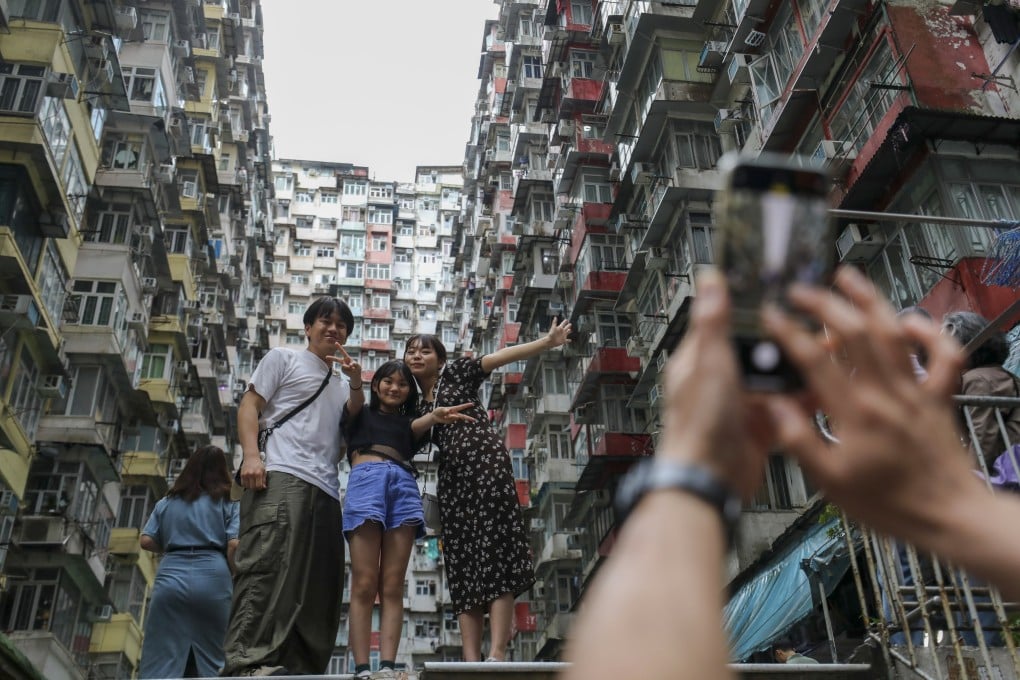Advertisement
Opinion | Hong Kong needs to redefine its tourism strategy
- For decades, tourism promotion has been opportunistic, riding on planned events year after year
- But things have changed, and Hong Kong now needs a mindset shift and a consolidated plan to bring back visitors and boost economic growth
Reading Time:3 minutes
Why you can trust SCMP
10

Without having to do much heavy lifting, Hong Kong has been welcoming tourists from all over the world for a long time, and predominantly from mainland China in recent years. As part of a decades-old mechanism, our tourism promotion has been mostly opportunistic, riding on planned events year after year. But such efforts, in the absence of a consolidated strategy, are no longer yielding the results that meet the city’s need for economic growth.
Travel patterns around the world, particularly in mainland China, have shifted. Online media exerts a good deal of influence and demand is evolving, with mature, high-spending travellers looking for more curated and immersive experiences. To catch up, Hong Kong needs a mindset shift to redefine how it approaches tourism and what success looks like. It needs a consolidated strategy to promote the city as a destination catering to specific markets.
President Xi Jinping’s recent visit to France highlighted the 60th anniversary of diplomatic relations between China and France, which is being marked by the inaugural Franco-Chinese Year of Cultural Tourism. The event is a reminder of the importance of cultural connections to improve our understanding of what audiences desire and to add weight to the city’s relationships.
To bring in tourists, Hong Kong needs to benchmark itself against other leading world cities. Our value is partly based on the city’s institutional credibility and international connectivity. So, a consolidated tourism strategy needs to put Hong Kong back on the map. Government officials must look at other ways to measure tourism-generated economic activities and growth, instead of merely tracking tourist numbers.
The “profound changes” in the tourism market that Xia Baolong, director of the Hong Kong and Macau Affairs Office, spoke about recently imply that Hong Kong can no longer count on its status as a magnet for mainland tourists – who used to come to stock up on luxury goods or formula milk but can now easily find such products, and experiences, they want and need online and elsewhere.
Today, as social media heralds a world seemingly without boundaries, tourists increasingly value unique experiences. Hong Kong’s line-up of mega events will help create more hype and momentum to stimulate the economy. Traveller segments, whether it is luxury, business, MICE (meetings, incentives, conferences, and exhibitions), leisure or wellness, should be integrated into holistic annual plans for tourist events.
Advertisement
.jpg?itok=4n04hWgl&v=1716964597)